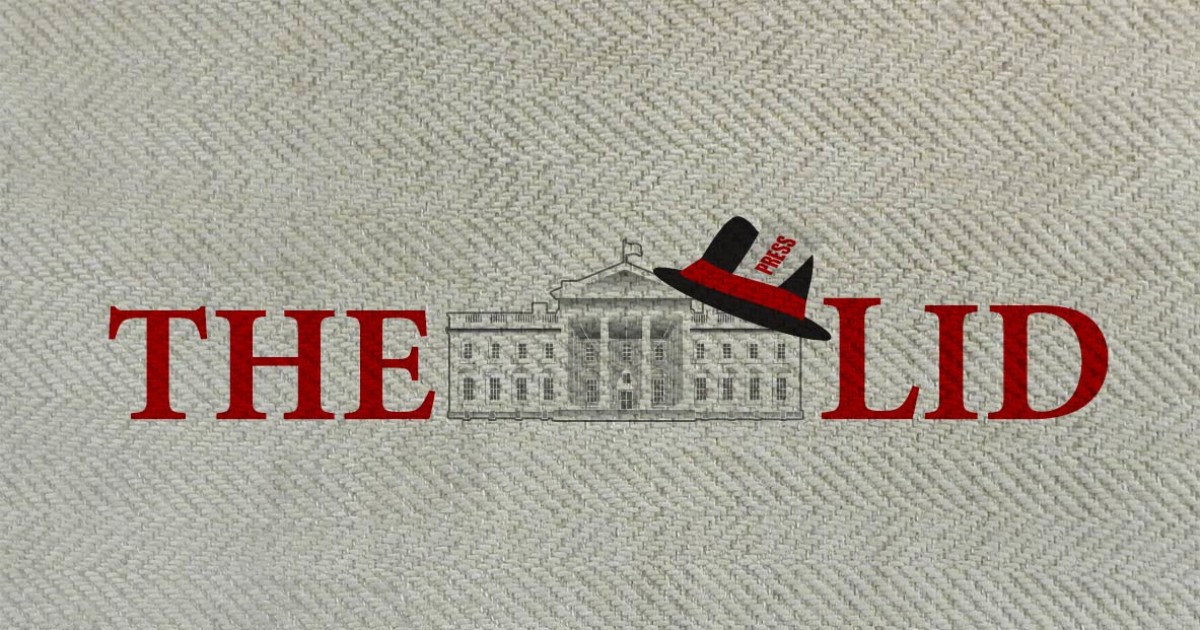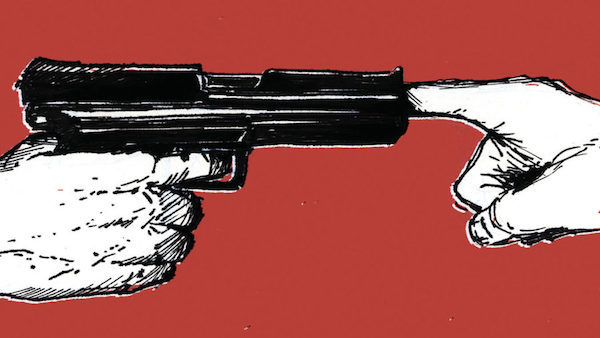Last week we reported Barack Obama was planning to give the Iranian regime a new concession above and beyond what was negotiated in the P5+1 nuclear deal. But the Obama administration has been clear about all the ways it’s not going to allow Iran to dollarize transactions: no clearing dollars through New York, no transactions between U.S. and Iranian banks, no financing relationships, etc. On Sunday the President again declared that Iran will not be allowed to get access to dollars through U.S. banks . So what gives? Was the story reported earlier untrue?
No, the president and his administration are using exacting words so he doesn’t have to tell the full story. The administration has come up with a scheme to allow Iran to access the U.S. Dollar that would be called money laundering if an average American did the same thing.
It took weeks of work by journalists and analysts to get a sense of what the White House is setting up, but as usual, Matt Lee of the Associated Press was the first to report the scheme.
Here’s how it works the administration’s wants to Iranian companies who are converting from rials (their currency) to a foreign currency by going through the dollar. This would reassure foreign banks they’re allowed to do business with Iran and insulate the transactions because the dollar is a relatively stable currency.
If there were no sanctions on allowing Iran to trade in dollars, an Iranian company buying from a Swiss company could use a U.S. bank to directly convert rials to dollars: rials –> dollars –> francs. But that’s not this world. Letting Iran access U.S. banks or letting the rial touch the dollar are terrible ideas for a range of reasons, and so the U.S. has prohibited those activities for years. Treasury officials specifically name-checked those restrictions when they promised Congress last summer that the nuclear deal will not give Iran access to the dollar.
So to keep their promise (sort of) the administration has come up with scheme that smacks of something they saw in a TV crime drama, Iran gets to play with dollars but not directly. This is how it works:
- First U.S. banks will provide dollars to non-U.S. currency clearing houses (businesses that trade in different currencies)
- Next those facilities that get the dollars won’t directly trade rials for dollars, instead an additional step is added. So instead of something like rials –> dollars –> francs , the currency exchange can look something like rials –> euros –> dollars –> francs. And to insure “cleanliness” the euros–>dollars part will happen offshore and not via a U.S. bank.
Eric Lorber – a senior advisor at the Foundation for Defense of Democracies (FDD) and a former OFAC lawyer – described how the scheme will work :
[A] Swiss automobile manufacturer selling cars to Iran would have a European bank receive payment from an Iranian company in rials. The bank would then exchange those rials with euros and then swap the euros for dollars at the offshore clearing facility. The bank would subsequently exchange those dollars for Swiss francs and transmit those francs to the Swiss automobile manufacturer. The general license would likely shield U.S. banks from liability for providing dollars to the offshore clearing facility.
The trick means that U.S. banks won’t be directly involved and that the dollar will not directly touch the rial. The administration will use those restrictions to argue that it’s not providing Iran access to the U.S. financial system. But that’s a subterfuge, this legal money laundering scheme does in fact provide Iran access to the U.S. financial system – it simply adds a step to make the process look as if it excludes Iran just indirect access. Yes, U.S. banks won’t be directly involved in the conversion, but they’ll be one step removed. They’re still supplying the offshore facilities with the dollars being traded. The Iranian transactions will be dollarized even if technically they won’t look dollarized.
That’s why if you go back through recent transcripts on the subject you’ll see administration officials, including the President, choosing their words carefully on this issue – which is exactly why they’re being criticized for playing word games, hiding the ball, etc.
The result says Eric Lorber: “while the administration will argue it is keeping its promise to prevent Iran from accessing the U.S. financial system, this dollar clearing mechanism will give the Islamic republic many of the benefits such access would provide.”
Senator [score]Marco Rubio[/score] (R-FL) and Senator [score]Mark Kirk[/score] (R-Ill) of Illinois introduced legislation on Wednesday to prevent this money laundering scheme.
The bill would expressly forbid Treasury from issuing any license that would allow anyone “to conduct an offshore United States dollar clearing system for transactions involving the government of Iran or an Iranian person” or “provide United States dollars for any offshore United States dollar clearing system conducted or overseen by a foreign government or a foreign financial institution for transactions involving the government of Iran or an Iranian person.”
If things hold to tradition the Democrats will try to filibuster that bill, because as the they proved with the vote on the Iran deal, the party cares much more about party loyalty than the safety of American Citizens.






